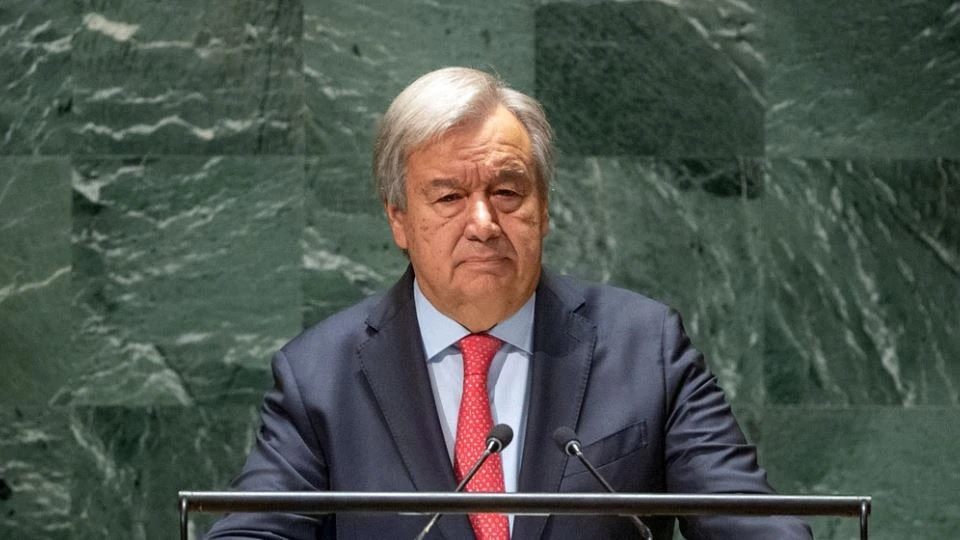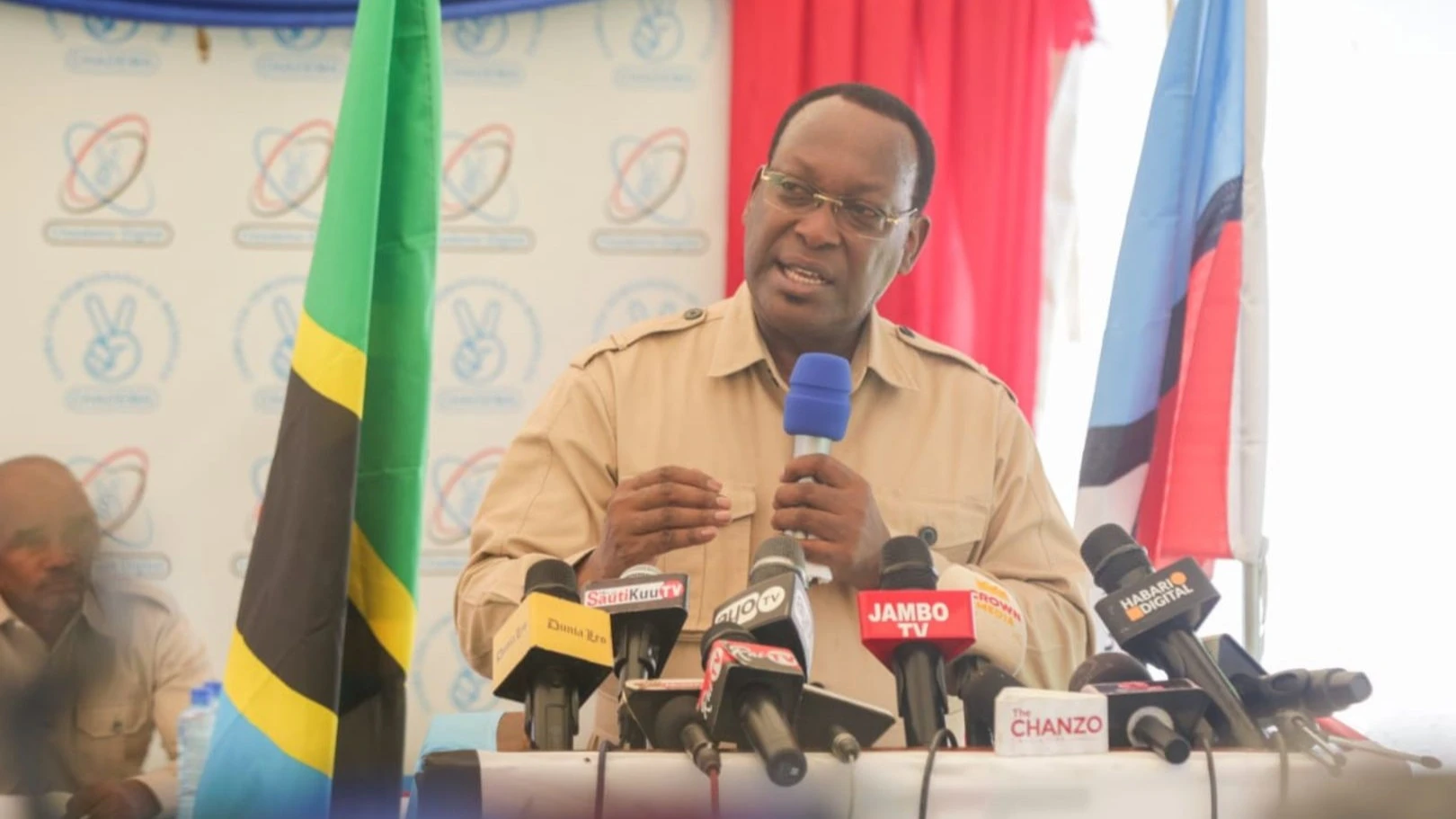Deteriorations as world marks international day of peace

TANZANIA joined other countries across the world to mark International Day of Peace, marked each year on September 21. This year’s theme is “Cultivating a Culture of Peace”. We mark this day while mindful of a wave of abductions, rape, sodomy and wanton killings, including those of persons with albinism.
The UN General Assembly in 1999 laid out values needed for establishing and maintaining a culture of peace such as respect for life, human rights and fundamental freedoms, the promotion of non-violence through education, dialogue and cooperation. Others are commitment to a peaceful settlement of conflicts, and adherence to freedom, justice, democracy, tolerance, solidarity, cooperation, pluralism, cultural diversity, dialogue and understanding at all levels of society and among nations.
If we live by these values, we will be able to heal and re-establish broken relationships, act justly and restore peaceful relations in society. If we don’t, it means the situation is likely to regress.
Sustainable Development Goal (SDG) 16 states: “By 2030, promote peaceful and inclusive societies for sustainable development, provide access to justice for all and build effective, accountable and inclusive institutions at all levels.” How far do we as a country fare in this?
True peace is a result of justice – which is all about establishing right relations in society. We do justice when we treat others as we would like to be treated by them and we do injustice to others when we tread on them.
When we listen to news bulletins aired on TV or radio stations or read social media stories we learn that the world is not all that peaceful and a safe place to live in. All these stories make people live in uncertainty and think that if bad things have happened to a relative, friend, neighbour, a colleague of mine or even to a stranger today, then tomorrow it may happen to me. This means we must do something about it to offset un-peacefulness among people and nations by acting justly.
The consolation we may get is that in Global Peace Index (GPI) 2024, Tanzania is ranked 65th of the surveyed 163 independent states and territories according to their level of peacefulness, covering 99.7 per cent of the world’s population. In the GPI 2023, Tanzania was ranked 91st (with the overall scores of 2.058 points).
The surveyed independent states and territories are classified in five categories of peacefulness, namely 1) Very high, 2) High, 3) Medium, 4) Low and 5) Very Low, and Tanzania is classified in the medium category of peacefulness after having scored 1.987 points. Iceland is ranked the 1st (after having the overall score of 1.112) of all surveyed independent states and territories. “It remains the most peaceful country in the world, a position it has held since 2008, the first year of GPI ranking,” according to GPI 2024.
Yemen is ranked 163rd of all the surveyed independent states and territories with the overall score of 3.397 points. “This is the first year that Yemen has been ranked as the least peaceful country in the world, with the country having fallen 24 places in the rankings since the inception of the index.”
The GPI 2024 shows this year’s results found that the average level of global peacefulness deteriorated by 0.56 percent. This is the 12th deterioration in peacefulness in the last 16 years, with 65 countries improving and 97 deteriorating in peacefulness and the highest number of countries to deteriorate in a single year since the inception of the GPI in 2007.
In sub-Saharan Africa, Tanzania is ranked 7th out of the surveyed 44 countries. It is preceded by Mauritius, Madagascar, Botswana, Ghana, Zambia and Namibia. In the East African Community (EAC), it is ranked the 1st out of the 8 surveyed countries [Burundi, Democratic Republic of Congo (DRC), Kenya, Rwanda, Somalia, South Sudan, Tanzania and Uganda. Somalia was admitted into the EAC by the Summit of EAC Heads of State on November 24, 2024 and became a full member on March 4, 2024.
Mauritius is the most peaceful country in sub-Saharan Africa for the 17th consecutive year. It has the highest levels of peace in the region across all three GPI domains, namely militarisation, on-going conflict, and safety and security.
According to the GPI, sub-Saharan Africa has recorded a fall in peacefulness on the GPI 2024, with the average score in the region deteriorating by 0.89 per cent over the past year. This makes it the second least peaceful region behind the Middle East and North Africa (MENA), with three of the 10 least peaceful countries in the world found in the region.
The more we fight injustice in society and in the world the more peaceful and just societies and nations we create, while the more injustice we condone or create the less peaceful societies and nations we create. So, if we choose peace and justice we won't cause or condone injustice.
Today’s inspiring quote: “Peace cannot be kept by force; it can only be achieved by understanding.” – Albert Einstein.
The author is a Dar es Salaam-based lawyer. He can reached at [email protected]
Top Headlines
© 2024 IPPMEDIA.COM. ALL RIGHTS RESERVED

























